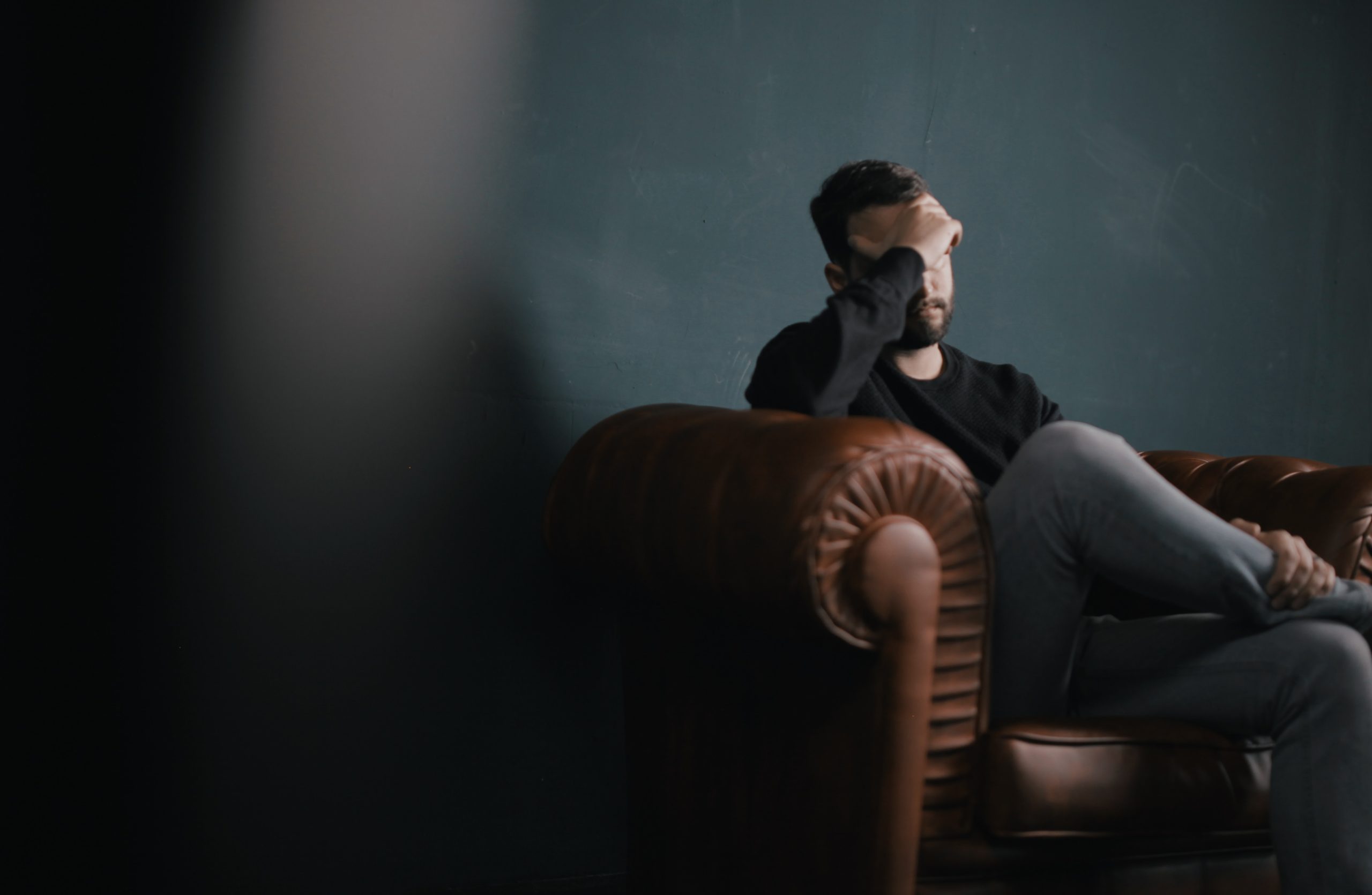Anxiety disorders are the most common mental illness in the United States, affecting 40 million adults in the United States, ages 18 and older. That is nearly 1 in 5 people! Anxiety disorders can be crippling, preventing people from living their lives to the fullest.
If you, or a loved one, suffers from an anxiety disorder, it is important to know what triggers your anxiety and work to avoid those triggers. This article will discuss some of the most common anxiety triggers and how to deal with them.
Some common anxiety triggers
Here are a few triggers of anxiety that can occur, but do not be dismayed; they are not the only ones; there are many:
Health-related issues
Many people suffer from anxiety because of health-related issues. This can be anything from a fear of contracting a disease to worrying about a current medical condition.
Money problems
Money is one of the leading causes of anxiety and stress for many people. Whether you are worried about not having enough money or losing your job, financial troubles can be very stressful.

Relationship
Stressful life events: Major changes in your life, whether positive or negative, can cause stress and trigger anxiety. These changes can include starting a new job, getting married, having a baby, going through a divorce, or moving to a new home.
Illness
Having a disease or being diagnosed with a chronic health condition can trigger anxiety. This is because you may be worried about your health and what the future holds. You may also be anxious about treatment options and side effects.
Trauma
If you have experienced a traumatic event, such as abuse, violence, or a natural disaster, you may be more likely to develop an anxiety disorder. This is because your brain is on high alert, trying to protect you from danger.
Identify your triggers
The first step in dealing with your anxiety is to identify what triggers it. Once you know what causes your anxiety, you can work on avoiding those triggers or learning how to deal with them.
Talk to your doctor if you are having trouble dealing with your anxiety. They can help you develop a plan to manage your anxiety and may prescribe medication if necessary hospitalization is required.
Treatment
There are many treatment centers available should you feel like you need more professional help in order to manage your anxiety. These centers will have different methods in order to help you and cater to your needs. For example:
Cognitive behavioral therapy
This type of therapy helps you to change the way you think about and react to situations that trigger your anxiety.
Exposure therapy
This therapy involves gradually exposing yourself to the things that trigger your anxiety. This can help you to learn how to deal with your fears and eventually overcome them.
Medication
In some cases, medication may be necessary to help control your anxiety. Your doctor can prescribe medication, such as antidepressants or anti-anxiety medication if they feel it is necessary.
Counseling
One-on-one therapy or counseling can be beneficial in treating anxiety. This is because it allows you to talk about your fears and concerns in a safe and confidential environment.
At a rehab addiction center, this is one of the first treatments that will be offered to you in order to help you better understand your anxiety and how to deal with it. Rehabs may vary from place to place, but they all have one common goal: to help you recover and live a healthy, anxiety-free life.
Together with counseling in rehab centers for anxiety, sometimes alcohol or drug abuse can also be a trigger for anxiety. For this reason, it is important that you find a drug rehab center, alcohol rehab center, or perhaps even an addiction treatment center that can help you with both your anxiety and addiction problems.
In conclusion, there are many different types of anxiety triggers. It is important to identify what your triggers are so that you can avoid them or learn how to deal with them. If you are having trouble managing your anxiety, talk to your doctor or seek professional help from a treatment center. With the proper support, you can overcome your anxiety and live a healthy and happy life.

